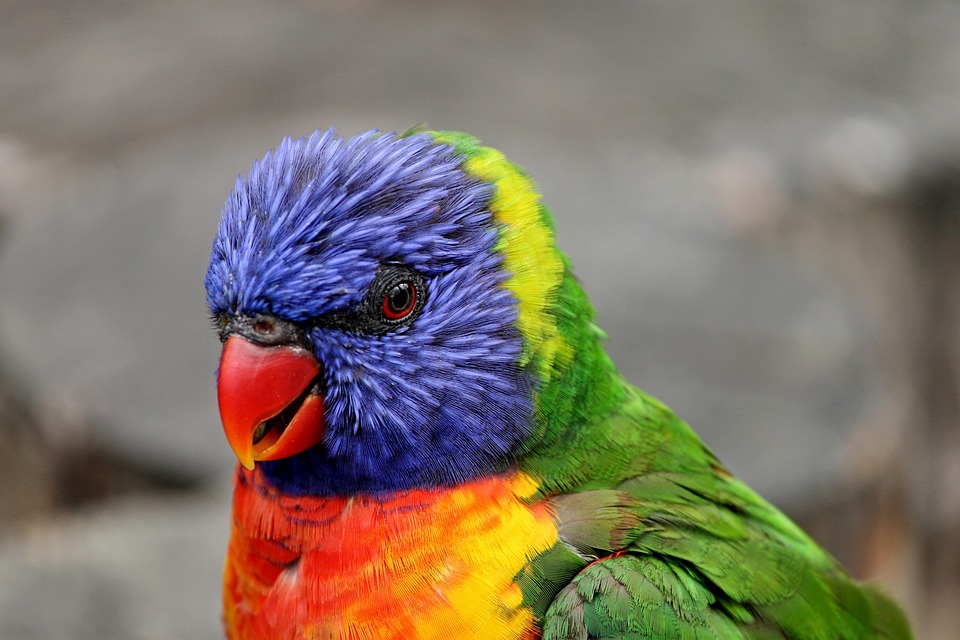Parrots are known for their vibrant plumage, intelligence, and ability to mimic human speech. Training your parrot to speak can be a rewarding and entertaining experience for both you and your feathered friend. In this article, we will explore effective techniques and tips for teaching your parrot to speak, as well as address frequently asked questions about parrot behavior.
Understanding Parrot Behavior
Before embarking on the journey of training your parrot to speak, it is important to understand their behavior. Parrots are highly social creatures and rely on vocal communication to interact with their flock in the wild. By mimicking human speech, parrots attempt to establish a bond and communicate with their human companions.
Creating a Positive Environment
Creating a positive and stimulating environment is crucial when training your parrot to speak. Here are some steps you can take to create an ideal setting for training:
1. Establish a Routine: Parrots thrive on routine, so establish a consistent training schedule. Set aside short training sessions, ideally in the morning or early evening when your parrot is most active.
2. Choose a Quiet Location: Find a quiet area in your home where you and your parrot can focus without distractions. This will help your parrot concentrate and reduce the chances of distractions interfering with the training process.
3. Remove Stressors: Ensure your parrot feels safe and secure during training sessions. Remove any potential stressors, such as loud noises or sudden movements, to create a calm and relaxed atmosphere.
Building Trust and Bonding
Building trust and strengthening the bond with your parrot is essential before attempting to train them to speak. Here are some steps to consider:
1. Spend Quality Time: Spend time interacting with your parrot outside of training sessions. Engage in activities such as gentle petting, offering treats, and talking to your parrot in a soothing voice. This will help your parrot associate you with positive experiences.
2. Develop a Consistent Vocabulary: Use the same words or phrases when communicating with your parrot. Consistency will help your parrot recognize and respond to specific commands or cues.
3. Reward-Based Training: Positive reinforcement is key to successful parrot training. Offer treats, praise, or favorite toys as rewards when your parrot makes progress or attempts to mimic speech.
Teaching Your Parrot to Speak
Now that you have established a positive environment and built trust with your parrot, it’s time to start training them to speak. Follow these steps to maximize your success:
1. Start with Simple Words: Begin by introducing simple words or short phrases that are easy for your parrot to mimic, such as “hello” or their name. Repeat these words frequently throughout the day, ensuring your parrot hears them clearly.
2. Use Repetition: Parrots learn through repetition, so be patient and consistent. Repeat the chosen words or phrases in a clear and distinct manner to help your parrot understand and imitate them.
3. Model Speech: Parrots are excellent imitators, so make sure to model the desired speech. Speak slowly and enunciate clearly, emphasizing the words or phrases you want your parrot to learn.
4. Gradually Increase Difficulty: Once your parrot has mastered simple words, gradually introduce more complex phrases or sentences. Remember to reward your parrot for their efforts and progress.
FAQs: Frequently Asked Questions about Parrot Behavior
1. Can all parrot species learn to speak?
Yes, although the ability to mimic human speech may vary among different parrot species, most parrots have the potential to learn.
2. At what age should I start training my parrot to speak?
Parrots can start learning to speak from a young age, but it is best to begin training when they are around 6 to 8 months old.
3. What if my parrot doesn’t show interest in speaking?
Not all parrots may be inclined to speak, and that’s okay. Each parrot has its own personality and preferences. Focus on creating a strong bond and providing mental stimulation through other activities.
4. How long does it take for a parrot to learn to speak?
The learning process varies depending on the individual parrot. Some may start speaking within a few weeks, while others may take several months. Consistency, patience, and positive reinforcement are key throughout the training process.
Training your parrot to speak requires time, patience, and a deep understanding of their behavior. Remember to create a positive environment, build trust, and use reward-based techniques to make the training experience enjoyable for both you and your parrot. With dedication and consistency, you’ll be amazed at the language skills your feathered friend can acquire!









